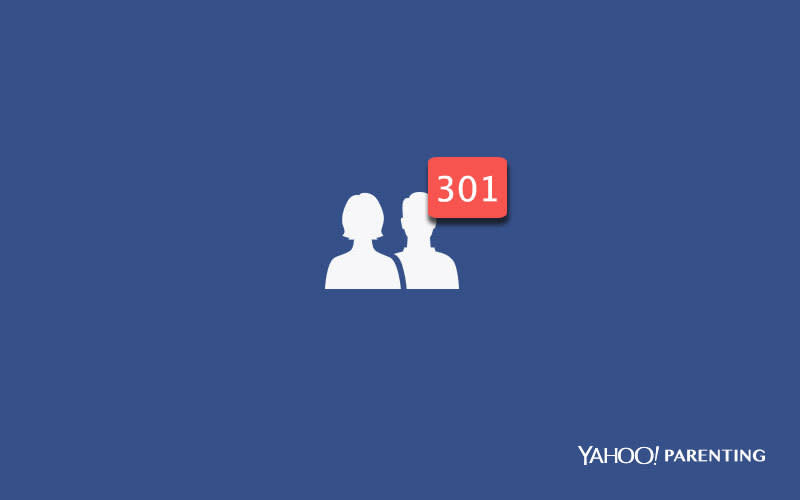Teens With Lots of Facebook Friends Endure More Stress

People with lots of social network connections look busy and popular from afar, but new research from the University of Montreal shows that teenagers who have many friends on Facebook may experience higher levels of stress than those who are connected to a smaller group.
Prof. Sonia Lupien, PhD, and her team found that although the stress hormone cortisol decreased for teens who engaged in “liking” friends’ posts and sharing supportive messages, it increased for teens who have more than 300 friends.
The findings, published in the journal Psychoneuroendocrinology, involved 88 kids ages 12-17, who discussed their Facebook friend numbers, how often they used the site, frequency of self-promoting posts, and frequency of friend-supporting actions. That information was considered along with cortisol samples from the subjects, taken four times a day for three days. “While other important external factors are also responsible, we estimated that the isolated effect of Facebook on cortisol was around 8 percent,” Lupien said in a statement. “We were able to show that beyond 300 Facebook friends, adolescents showed higher cortisol levels; we can therefore imagine that those who have 1,000 or 2,000 friends on Facebook may be subjected to even greater stress.”
STORY: Why I Post Pictures of My Son Wearing Dresses on Facebook
Earlier studies noted that high levels of cortisol among children may increase the risk of depression later in life, but parenting expert and family physician Dr. Deborah Gilboa says this study shouldn’t make parents rush to close their kids’ social networking accounts. “A higher level of cortisol isn’t necessarily bad for teenagers,” she tells Yahoo Parenting. “Some kids are sensitive to it, and some can be motivated by it.” As with most things to do with parenting, it comes down to knowing your individual child.
“It’s important to note that a higher number of connections on Facebook means that a teen is at risk for higher stress levels,” says Dr. Gilboa, “but that doesn’t mean you have to make a rule that your child can only have 299 friends.” She points out that this generation of teens has a powerful tool in the world of social networking: science. “These kids have data and research to help them make decisions about using social media,” she says. “Studies like this one are great conversation starters between parents and kids.”
STORY: Facebook’s ‘Secret Sister’ Gift Exchange Is a Scam — and May Be Illegal
Gilboa recommends casually talking about the study with your kids and asking what they think about it. “Ask them if they have friends who seem stressed out by Facebook,” she suggests. “Maybe talk to them about what a friend purge would mean and think about doing one yourself with people you’re not close to. Model that kind of decision making.”
More than 300 friends are a lot to keep up with, and the kids who get worn down by Facebook often suffer from a fear of missing out, according to Gilboa. “They want to keep track of everything and everyone in their networks,” she says. “Maybe that’s because they feel like they’ll disappoint a friend if they don’t see or like certain posts, but when staying on top of your social feed becomes an obligation, it’s stressful.”
Helping kids change their view of Facebook can be valuable. “Shift the expectations of how they use it,” says Gilboa. “Help them recognize that they don’t have to see every single thing in their feed.” It’s also important to remember the positive part of this study: Liking other people’s posts and sending supportive messages reduces cortisol levels — so shared positivity on social media can help make people feel good too.
(Top photo: Jen Fox for Yahoo Parenting)
Please follow @YahooParenting on Facebook, Twitter, Instagram, and Pinterest. Have an interesting story to share about your family? Email us at YParenting (at) Yahoo.com.

